The Saturday Read: End game?
Inside: Europe unmoored, Israel and the hostages, Jonathan Sumption on the Chagos Islands, Rishi Sunak’s Englishness, partying with the New Right, James Blunt, and Germany at the polls.
Good morning. Welcome to the Saturday Read, the best of the New Statesman, in print and online this week. This is Finn with Nicholas and George.
Donald Trump announced yesterday that he’s had “good talks” with Vladimir Putin, and “not such good talks” with Ukraine. “They don’t have any cards but they play it tough” he added.
It is an escalation on a theme. On Wednesday Trump called Volodymyr Zelensky a “dictator” and warned he “better move fast or he is not going to have a country left”. We know Trump has a sharp tongue. But these comments opened a new frontier in the president’s mission to tear up the established order and hand Putin a serious advantage in this long, attritional war.
They came just one day after US and Russian officials announced plans to “lay the ground work” to bring the entire episode to an end. Now, Europe and Ukraine are unmoored from their long-held ally, and the future of the entire continent’s defence capacity is up in the air. But Lawrence Freedman and Katie Stallard caution our readers away from fatalism. There is every chance, both argue, of premature triumphalist rhetoric from Trump’s court. He is a capricious man, and may be as quick to announce talks as he will be to walk away from them.
How about some wisdom from Nigel Farage? “You should always take Trump seriously, but not necessarily always take him literally.”
1—“Europe alone”
Lawrence Freedman writes our cover story this week on Trump, Putin, and whether Europe is strong enough to endure these ructions by itself. It’s going to be expensive, and Ukraine’s fate is uncertain, but it’s not a hopeless moment. Freedman is sober and rational, as always. FMcR
However keen Trump may be on a deal, his team knows that it must be one that Volodymyr Zelensky can sell to his own people. Ukraine’s bargaining position is far from hopeless. After a year of costly offensives, the Russians have not achieved their objectives on the ground. Kyiv, meanwhile, holds a chunk of the Kursk region in southern Russia, is coping with the raids on its electricity grid, and regularly mounts attacks on valuable targets in Russia. If Zelensky demands some sort of visible security guarantee, then Europe will have to provide a good part of it; if Russia demands sanctions relief, then Europe will need to cooperate on that too.
2—“He has kicked the world”
Lee Siegel contains even more multitudes than usual this week. His piece is not just a sound, timely and instructive analysis of the recent woke left’s expiration, but a deeply felt tribute to a friend, the writer David Rieff, whom Siegel has long admired. GM
Rieff deplores woke’s “contrast between the willingness to expend huge efforts to protest psychological harm and the undeniably much lesser willingness to protest material harm”. What you get as a result, he writes, “is the pathological nihilism where more energy is devoted to renaming buildings on campuses and removing public monuments than to advocate for small business loans, better mass transit, or the expansion of health care”. If not already obvious, Rieff himself is a man of, if not the “hard” left, the old left. “I’m not a liberal,” he writes dryly.
3—“Disturbing spectacle”
Caskets containing the bodies of hostages – 84-year-old Oded Lifschitz and two children, Ariel and Kfir Bibas – were returned to Israel yesterday, after being displayed in front of a large crowd in the Gaza Strip. This could become a defining image. Hannah Barnes writes that it is something “no one can unsee”. FMcR
Across Israel, it became an unofficial day of mourning. This was the first time that hostages were returned dead. Some schools closed and activities were cancelled. But none could be more devastated than the Bibas and Lifschitz families. As one person wrote on social media, “Pray for Yarden Bibas. I don’t believe any human on this Earth suffers more pain than him today.”
In a statement, the Lifschitz family said: “We received with deep sorrow the official and bitter news confirming the identification of our beloved Oded’s body… Now we can mourn the husband, father, grandfather, and great-grandfather who has been missing from us since October 7. Our family’s healing process will begin now and will not end until the last hostage is returned.”
4—“No political box”
In a world lacking polymaths, we must be grateful for the historian, lawyer and lord, Jonathan Sumption. One of the great themes of Sumption’s work is the clash between democratic will and the law. In that spirit, he talks to Rachel Cunliffe about Chagos, assisted dying and lawfare in the US. NH
Sumption settled in front of a fire and cheerfully dove into the death of democracy. “Democracy provokes expectations which are very difficult, in some cases impossible, for the state to satisfy,” he said. “Politicians encourage this by pretending to do more than they’re actually capable of. The result is that when the expectations are defeated, as they inevitably are, people turn to other ways than democratic interchange to make their views felt.”
5—“Slight young things”
The most enthusiastic cadres of Britain’s New Right descended on London this week for a conference organised by Jordan Peterson. Who are these people? Acolytes of Peterson, Peter Thiel and Nigel Farage, we know. To take their measure, Ella Dorn followed them to an exclusive post-conference after-party. NH
I try the smoking area outside, but the men there greet me with a discouraging combination of unwanted physical affection and a total unwillingness to speak on record. The consensus is that the conference was a bit lame. Most of the men I speak to position themselves to the right of ARC. “I would love to comment,” says a Reform voter in his late twenties. “Unfortunately, I hate journalists.” He does give me a quote, eventually. “ARC talked about ‘sensible migration’,” he explains. “I want to stop the majority of immigration into this country.”
To enjoy our latest analysis of politics, news and events, in addition to world-class literary and cultural reviews, click here to subscribe to the New Statesman. You’ll enjoy all of the New Statesman’s online content, ad-free podcasts and invitations to NS events.
Loads of books vividly throw you into Cambridge. In his memoir Nabokov claims to “still feel in my bones the bleakness of the morning walk up Trinity Lane”. From the science department we have James Watson’s shockingly readable Discovery of the Double Helix.
But Cambridge can throw you into books, too. The New Statesman is partnered with the Cambridge Literary Festival and there is a special offer on tickets for our subscribers. This year it’s happening across the city from Wednesday 23 April to Sunday 27 April.
Last year I most enjoyed watching a live recording of the NS podcast. This year I can’t wait to see Sarah Churchwell discussing Gatsby, especially after the glorious piece she published this January ahead of the novel’s 100th anniversary. You won’t want to miss the NS debate either; our motion reads: This house believes private schools should be abolished. Shortly before, catch our associate political editor, Rachel Cunliffe, in conversation with Diane Abbot.
You can get your tickets for all of that, and much more. See you there!
6—“Ever more extreme”
Tomorrow, Germany will hold its national elections, and one of the big questions being asked is how well the far-right Alternative for Germany party (AfD) will perform. But in many ways, it does not matter, writes Hans Kundnani. The party has already forced mainstream politicians to embrace a form of Trumpian nativism. NH
The real significance of the AfD is not so much its vote share as the way it is shaping the political agenda in Germany – especially around immigration. A few weeks ago, with the support of the AfD, Merz introduced an “influx limitation bill”, which would have ended family reunification and made it easier to deport people. But though Scholz’s SPD blocked the bill from passing, it too has hardened its stance on immigration in ways that would have once seemed unimaginable. In 2023, echoing Trumpian rhetoric, Scholz appeared on the front cover of “Der Spiegel” declaring: “We must finally deport on a grand scale.”
7—“Solitude and sociality, interrupted”
We all suspect that scrolling is our smoking. Regulating Big Tech or banning phones in school might help, Ed Smith writes, but really we need to start mocking the dreadful habit. It’s only so long until we’re dead – we should try to have more fun! GM
[The author Chris] Hayes’s inner journey brings acuity to his social observations. He sees his own psychological conflict playing out at democratic scale. And he’s right. If you’ve ever been in the company of a certain type of professional entertainer (especially television careerists) you will have experienced first the personable front, second the insatiable neediness, third the weary shadow of sadness. Social media has simply industrialised that condition, by turning everyone into the game-show host of their own life – with the added tragedy of not first filtering out people who lack any talent for it. Light entertainment was bad enough when it was limited to light entertainers. Now it’s a ubiquitous style for stepping through life.
Hayes implies a brilliant point that I’ve not encountered before. Why is everyone so jaded all the time? The same reason that the television host is jaded at home. They’ve used up their energetic narcissism in public and all that’s left is the exhausted narcissist in private.
8—“Relabelling older racism”
Spare us the risible attempts to whip up ethno-racial commentary on the true identity of Rishi Sunak, please! Ralph Leonard wades into the debate started this week by shock-jock podcaster Konstantin Kisin on whether the former prime minister is English. Of course he is, Ralph argues. FMcR
But Englishness is a nationality that has for centuries been part of a multinational union that is Britain. Nations aren’t simply defined by ancestry but by culture and language, which make them very flexible. It is the reason that, in the space of a generation or two in the 19th century, identities like “Italian” or “German” were largely able to supersede their ethnic constituents. Does anyone really think that any Wasp American whose family migrated from England is really more English than Rishi Sunak and Marcus Rashford simply because of ancestry?
9—“Women and babies die”
It has been less than three years since Roe vs Wade was overturned by the US Supreme Court. In the chaos of the new Trump administration we should not forget that it happened, and we should not let those who helped make it happen off the hook, writes Jill Filipovic. GM
If you’re a pregnant, broke young woman who isn’t part of the progressive social media universe in which information about abortion pills is shared regularly, you may go to your doctor who will tell you that abortion is illegal and that you must have this baby. Even doctors who support abortion rights may not tell women about their options: Texas, for example, has introduced laws targeting anyone “aiding and abetting” abortion, allowing Americans to sue any person – a doctor, a friend, an Uber driver – who knowingly helps a woman end her pregnancy. That means in Texas, telling a woman how to get abortion pills could bankrupt you; if you’re a doctor, it could mean the end of your career. Women in abortion-hostile states may find themselves without information about how to get an abortion, and unable to ask lest they put a friend, family member or healthcare provider at serious legal risk.
10—“Comrades on Ukrainian soil”
It’s the escalation that we were promised would never happen – the Prime Minister calling for British “boots on the ground” in order to guarantee a ceasefire between Ukraine and Russia. Europe as a whole should answer Keir Starmer’s call, writes Sam Greene. NH
Europe is intimately tied up in this conflict, and the consequences of failing to impose deterrence at this juncture are equally dire. Acquiescence would effectively cede to Moscow exactly what it has been seeking since it first invaded Ukraine in 2014… a veto over the European project itself. That veto would in turn empower Moscow to press its advantages in Moldova, in the South Caucasus, and in the Western Balkans, while impeding European efforts to promote security and integration on its periphery. Effectively neutered, and unable to rely on an increasingly problematic US for support, Europe would have no choice but to manage conflict by avoiding it at all costs, inviting Russia and other bullies to keep coming back for more.
George’s Best of the Rest
Matthew Parris: Keep calm, Trump’s Ukraine deal isn’t a sell-out
Nick Paumgarten: Saving nature is really hard
Josh Herrman: Is Google eating Reddit?
Jessa Crispin: What was woke art?
Gary Saul Morson: Dostoyevsky’s credo
Benjamin Ehrlich: Love, beyond recognition
Emma Jacobs: Diet Coke is a symbol of modern office culture
(Wednesday) 20-metre sinkhole appears in Surrey and swallows a garden!
(Thursday) Surrey sinkhole is now double sinkhole!
And with that…
Last Sunday I went to a James Blunt concert, if not by mistake, then not quite by design. All it took was a feeling of vacancy in my patterns of life, and the offer of a spare ticket on a group chat, and the deed was done. But then, this Monday, the morning after, a spare column slot emerged in the New Statesman and I was rapidly dubbed a pop critic by my generous colleague Anna Leszkiewicz, compelled to grapple with my feelings about James Blunt (affection? indifference? dislike?) in print. The result can be found in this week’s magazine, or here for the post-Gutenbergers. I largely settled on affection:
Blunt brought a new vigour to tunes that can otherwise feel over-delicate. His live arrangements are heavier than the campfire strum that dominates the studio versions (“So Long, Jimmy” featured an extended and unexpected guitar jam), and Blunt’s voice more powerful, shorn of the helium whine which is his trademark or his undoing (depending on your point of view).
As the parenthetical caveats make clear, I claim no objective judgement. My taste, in rock music anyway, inclines towards the strong, ascending melody, and the massed chorus – “Hey Jude” is probably the ur-track of the genre. Live music in particular seems to me an opportunity for collective ebullience. On this front, Blunt delivered. I find it hard to believe anyone left London’s O2 that night in worse spirits than they arrived in.
The New Statesman is home to the finest writing on politics, culture and ideas. To stay up to date, subscribe using the link above.
— Finn, Nicholas and George.





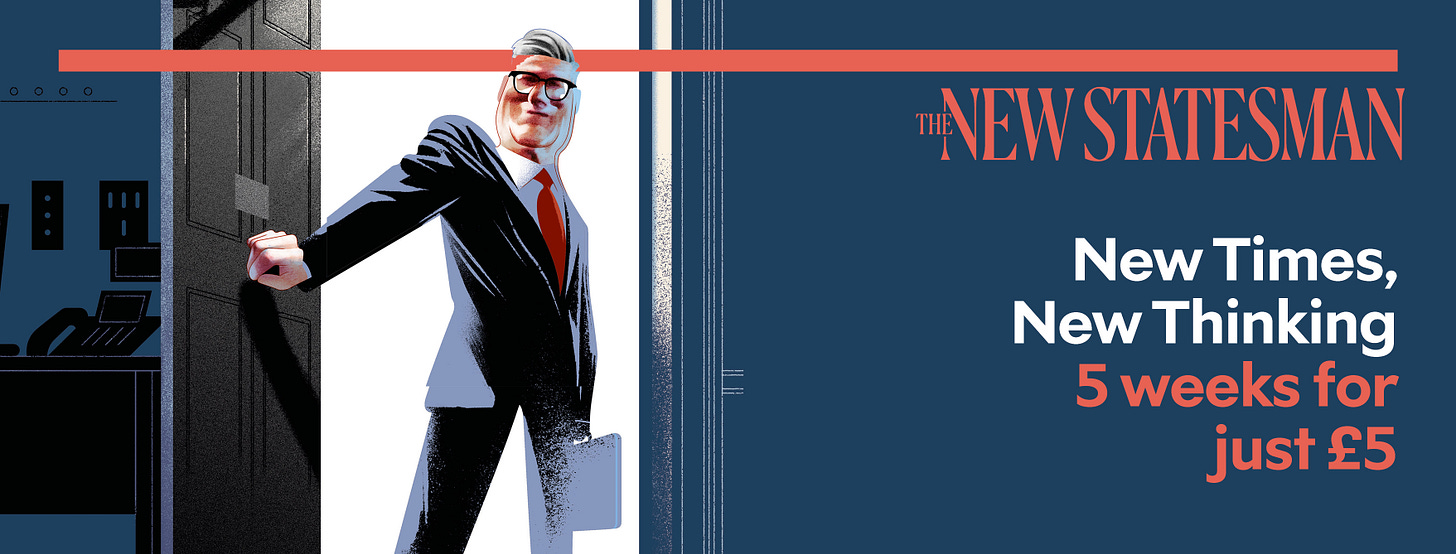
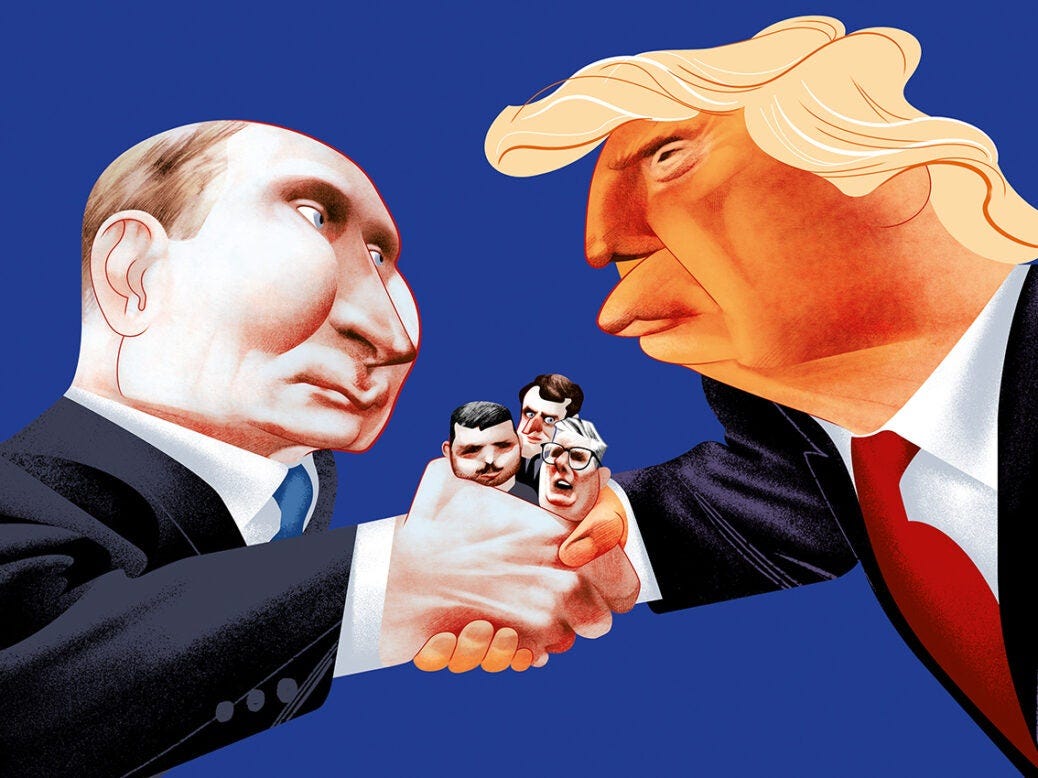
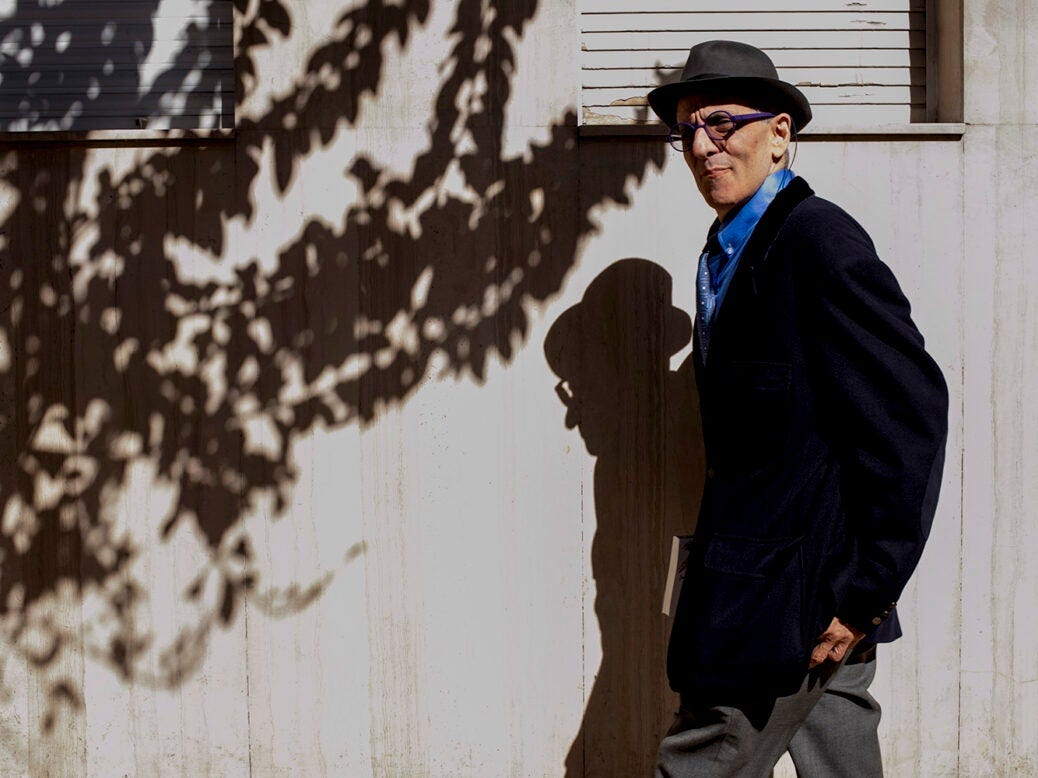


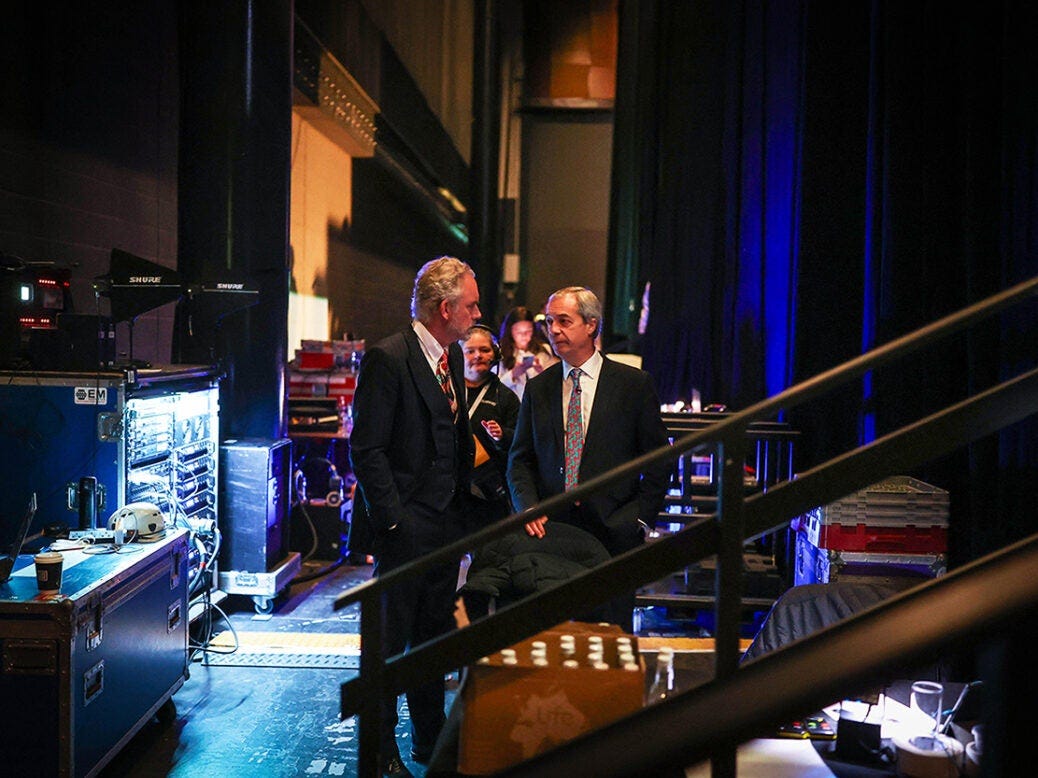


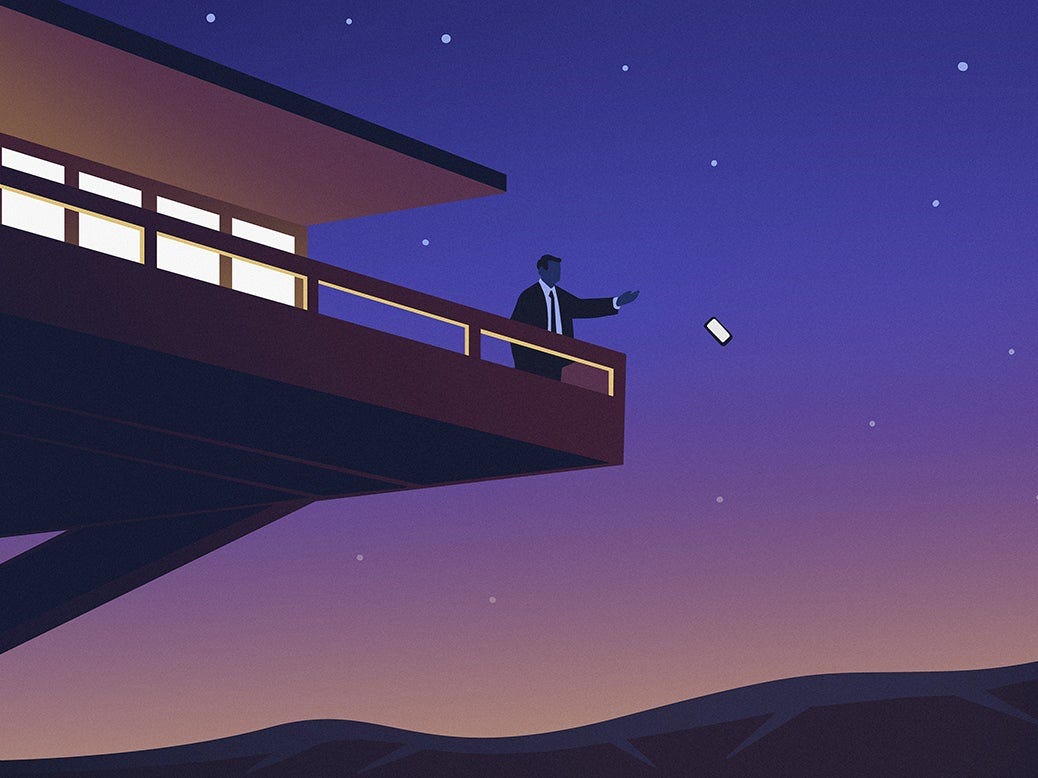
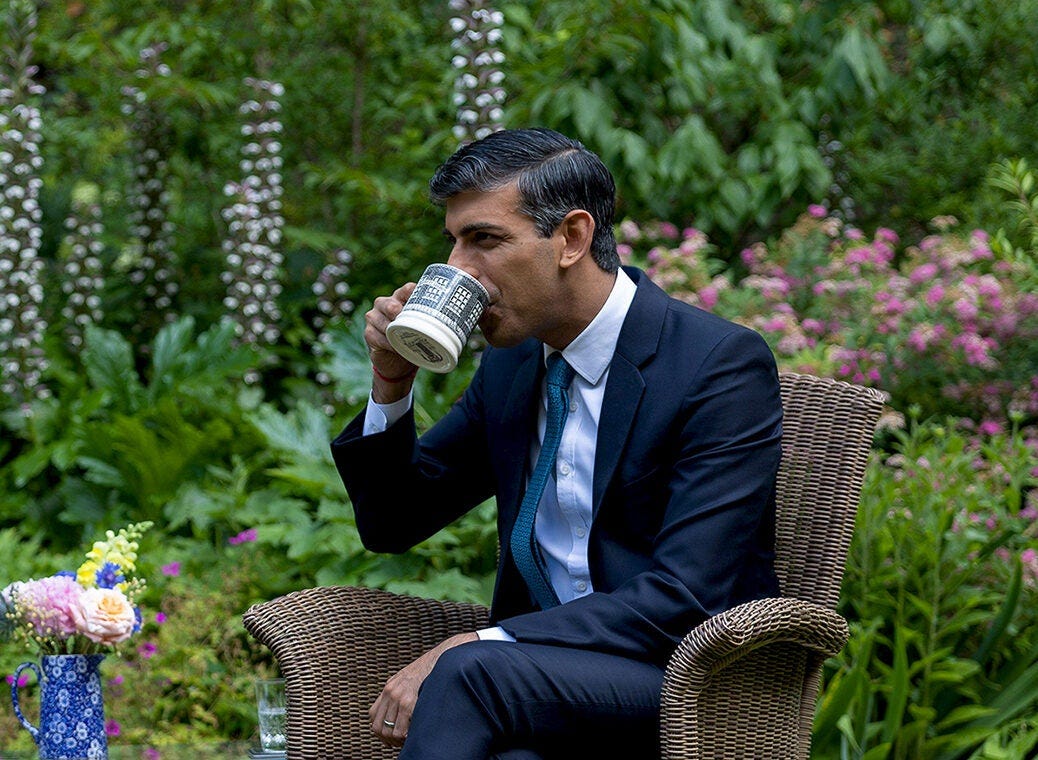



Reading the article on what makes one English I think that I am a good example of the 100% English person.
I had four Scottish born great grandparents.one Irish born grandmother and my surname is Huguenot. That must qualify me,born in London. as a really pure bred Englishman.